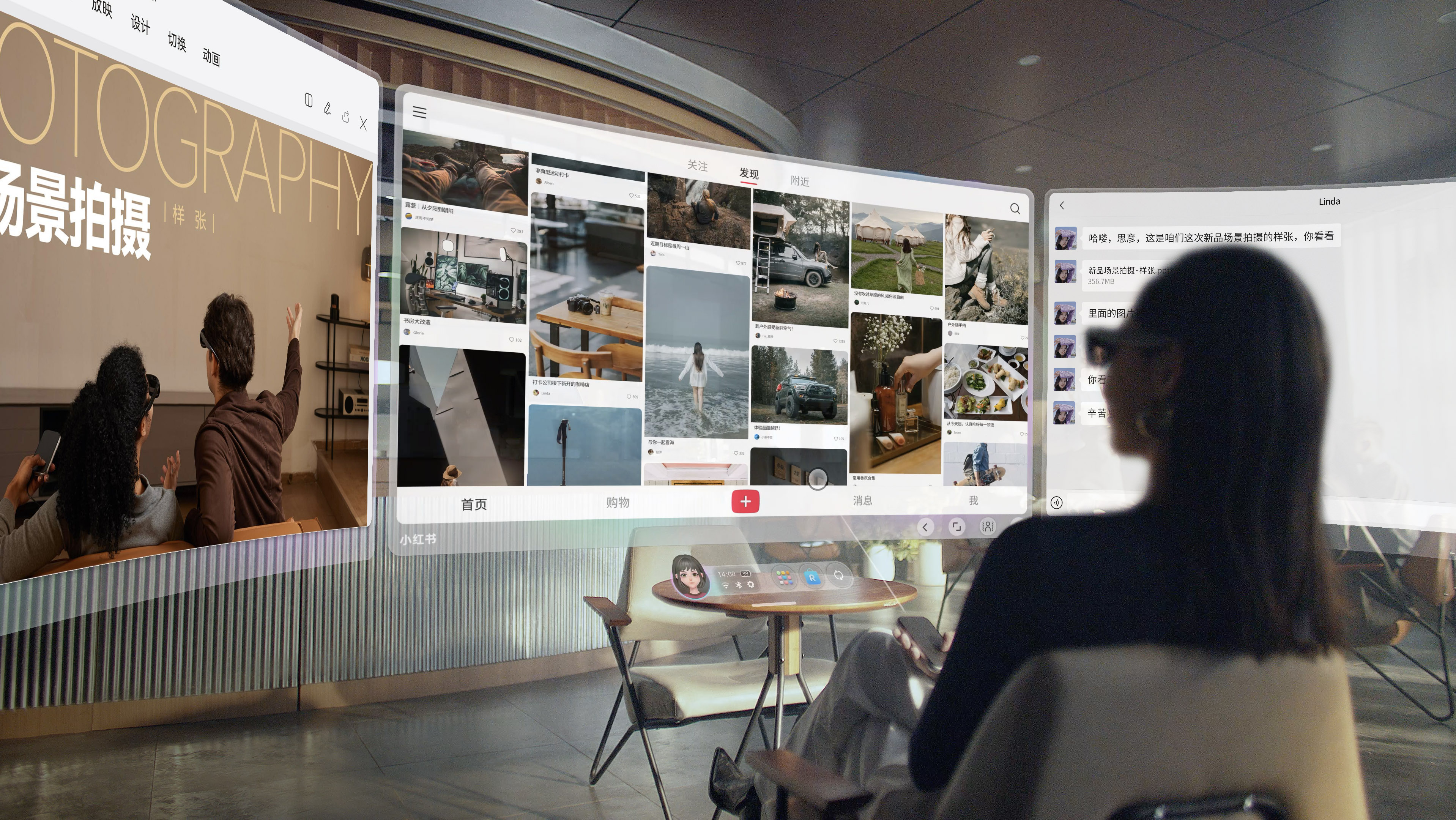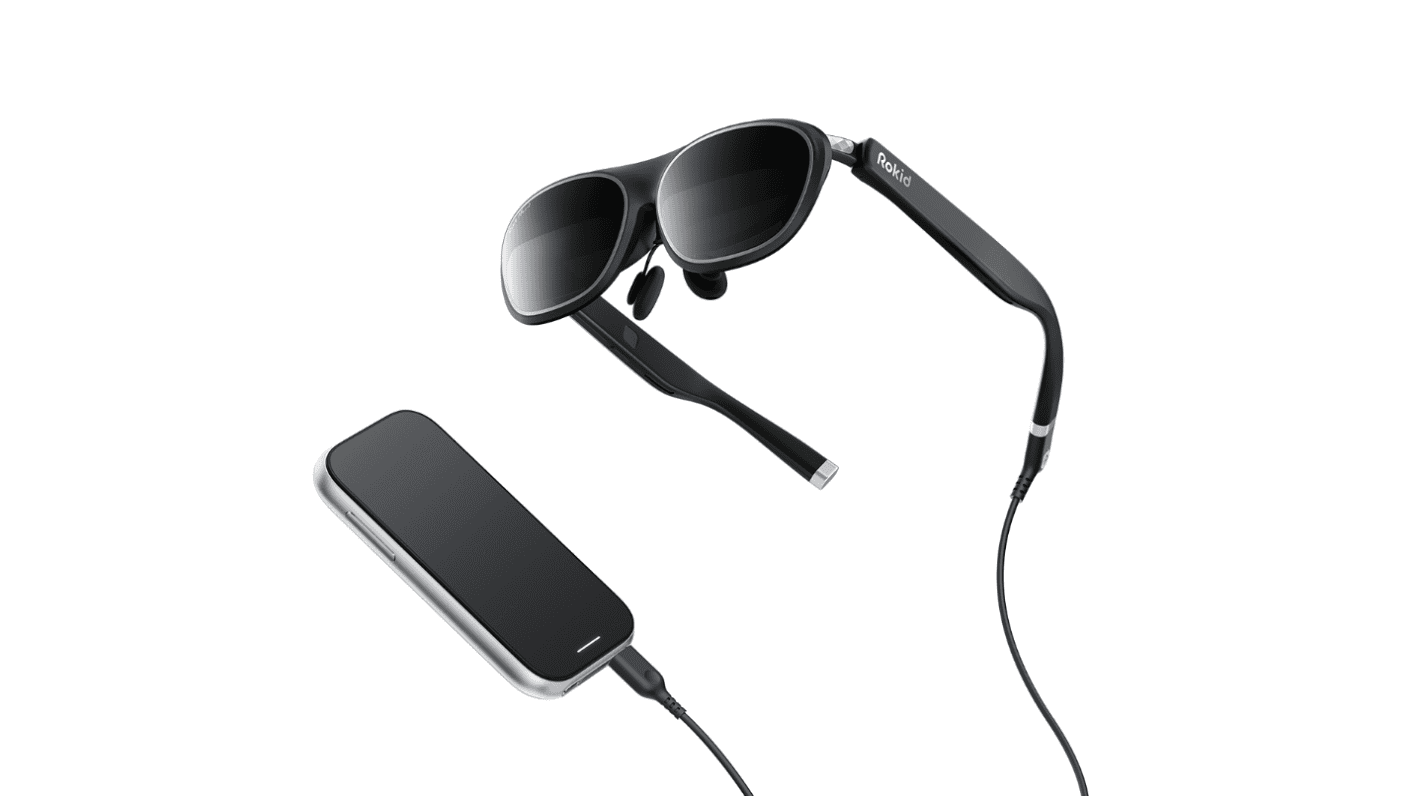
Did you think our pick for this was going to be a pair of gaming cans or a VR headset? Well, surprise — it’s a pair of AR glasses!
Try as we might, during our limited time exploring the massive showrooms of CES 2025, we didn't really come across a traditional gaming headset that stood out as a key winner.
However, in terms of non-traditional headsets, there were the Rokid AR Spatial glasses, wearable screens in smart glasses form ready to connect to gaming handhelds, laptops, and phones to maximize your viewing experience with enormous virtual displays.
Best gaming headset of CES 2025: Rokid AR Spatial glasses

The key feature that sets the Rokid AR Spatial glasses apart from the majority of VR headsets and gaming AR glasses is its built-in myopia and pupillary adjustment. Users who are nearsighted or have an IPD (inter-pupillary distance) outside of the common VR headset’s presets can fine tune the focus to their eyesight — no extra lenses required.

Like prescription glasses, this can not only tremendously improve the clarity of the virtual world, but also can make looking at a screen right in front of your eyeballs more comfortable.
VR headsets like the Meta Quest 3 provide only a few presets that don’t accommodate everyone’s IPD. If you try to play a game with an IPD or focal length that doesn’t accommodate your eyesight, you could strain your eyes — at worst, you could start to feel nauseous. AR glasses like Lenovo’s Legion Glasses 2 don’t even have this feature.
As for their specs: Sony 0.68-inch Micro-OLED displays; 600 nit max brightness; 1200p resolution; and a 90Hz refresh rate. The virtual display spans up to 300 inches and supports up to a three-screen setup.
They weigh 75g, slightly heavier than some competitors but they still feel comfortable .The glasses run on Rokid’s own platform, which supports Android apps, but you can also connect it to your phone, laptop, or gaming handheld.
Rokid's AR Spatial glasses are available for pre-order at $648 ($698 full price) from the Rokid homepage.








